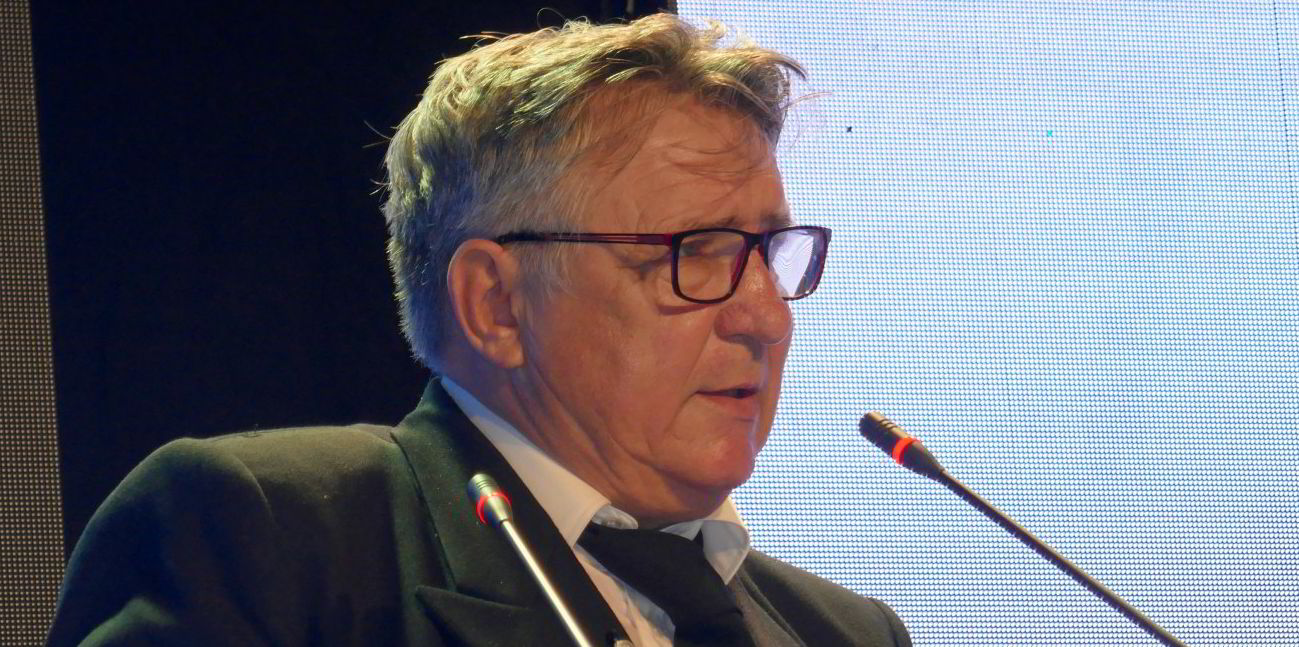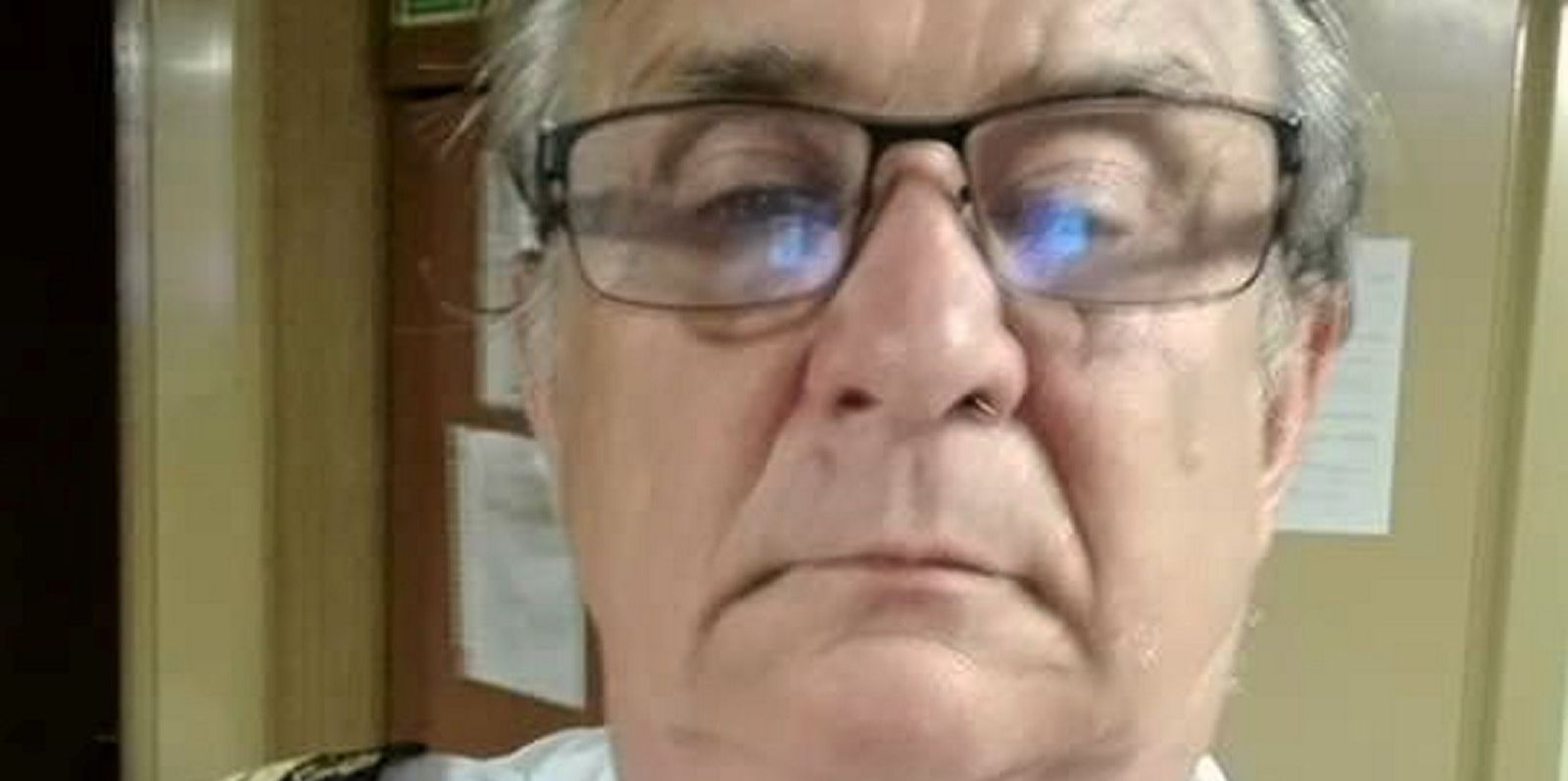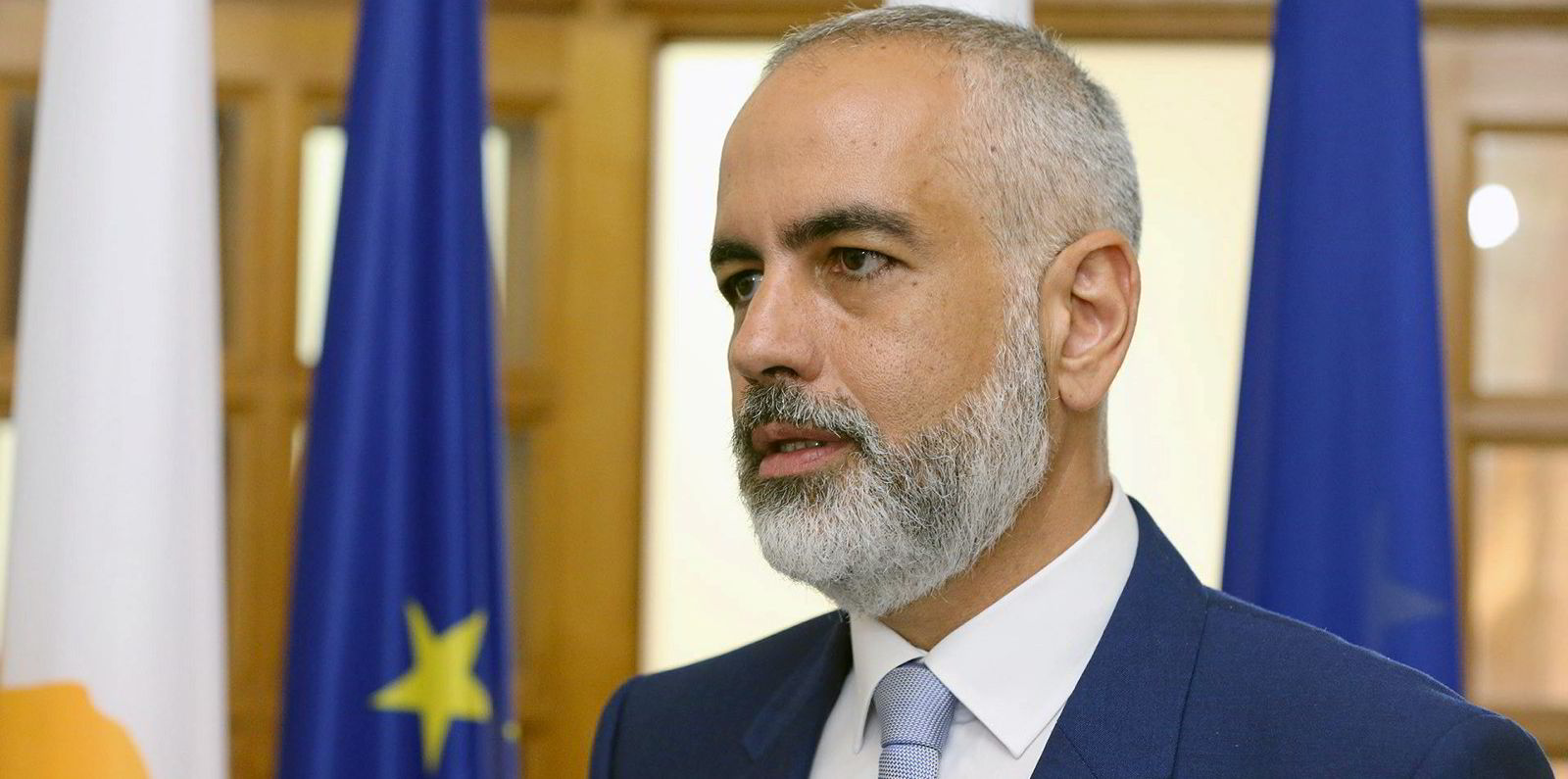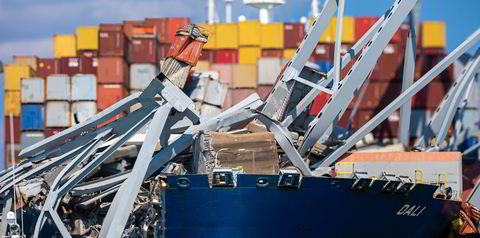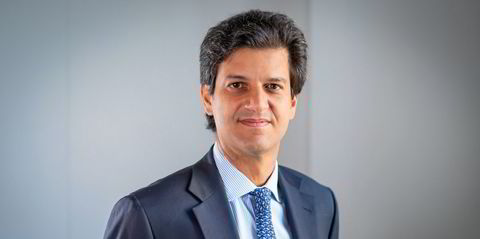Is a standing ovation compensation enough for having 20 months of your life taken away from you in a Mexican jail?
The answer is probably no. Still, Polish master Andrzej Lasota was visibly moved as he received the applause of more than 100 shipping executives and officials at the Maritime Cyprus conference in Limassol on Wednesday.
A few moments earlier, the Intership Navigation captain had told the conference of his gruelling experience in 2019, when Mexican authorities charged him with trafficking and negligence after 240 kg of cocaine was found on the 32,000-dwt UBC Savannah (built 2000).
Lasota, 64, had himself alerted the authorities to the drugs and was eventually cleared — after almost two years of incarceration and a petition of nearly 10,000 signatures calling for his release.
“People who know me know that I never violate a rule,” Lasota said in a speech he had to interrupt several times, overcome with emotion.
He refused to relate any details of his experience in a high-security jail in Mexico. It was so bad, he explained, and he didn’t want to “disturb the women listening in the audience”.
Authorities in several countries “just don’t know how to deal with such cases and they hang on to the crew … the crew is the collateral damage”, commented Stephen Cotton, general secretary of the International Transport Workers’ Federation.
If Lasota hadn’t managed to clear his name, his career would have been over, Cotton added.
Guy Platten, secretary general of the International Chamber of Shipping, said it is time to act.
“We’ve got to tackle this, because, sadly, it’s not just you,” he told Lasota. “There’s other cases going on as well.”
Various ideas were proposed on how best to proceed.
Cyprus, the flag state of the UBC Savannah, vowed to pursue the case on a diplomatic level.
The country’s deputy minister in charge of shipping, Vassilios Demetriades, said he would bring it to the attention of the European Parliament.
Cyprus will push for “a motion calling governments at a global level … to fight this issue of criminalisation”, he said. “It’s time to try and send a strong political message.”
Shipping executives came forward with practical suggestions.
Jan Meyering, joint managing director of Marlow Navigation, said an industry-wide hotline could help.
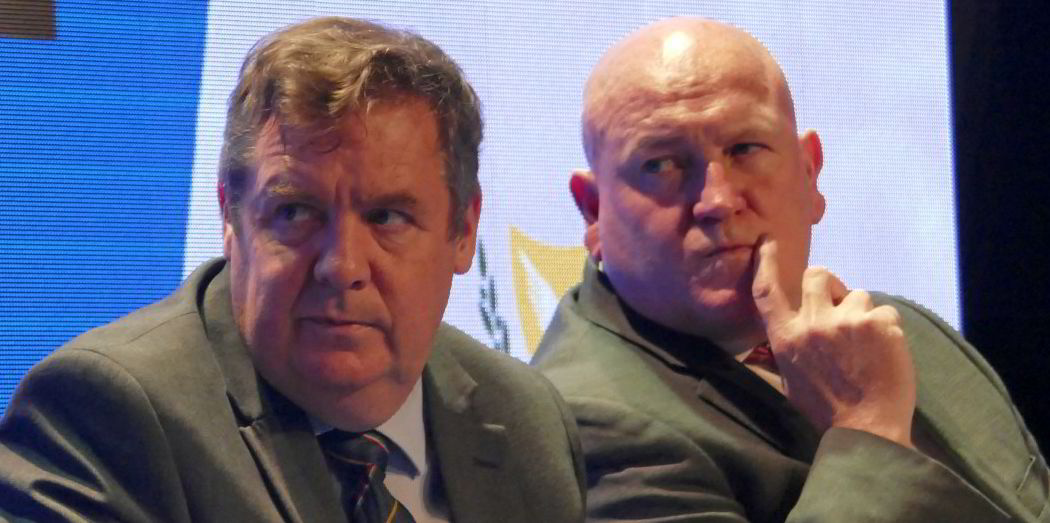
“Every company tries to fight for themselves,” Meyering said. A hotline pooling resources might be “an idea to set up something together in the industry”.
A hotline could help companies, insurers and flag states coordinate and respond faster in such cases — from arranging translators to helping with legal advice and assistance.
When it comes to dealing with callous jurisdictions, every bit of effort is required, Lasota said.
“They [Mexican prosecutors] fought to the end,” he told the conference, wearing his captain’s uniform and on the verge of tears.
“In the end, we won thanks to the attorney, thanks to the ambassador, thanks to my boss here, thanks to other people and thanks to my family — but this [shouldn't be] the end of the story.”
